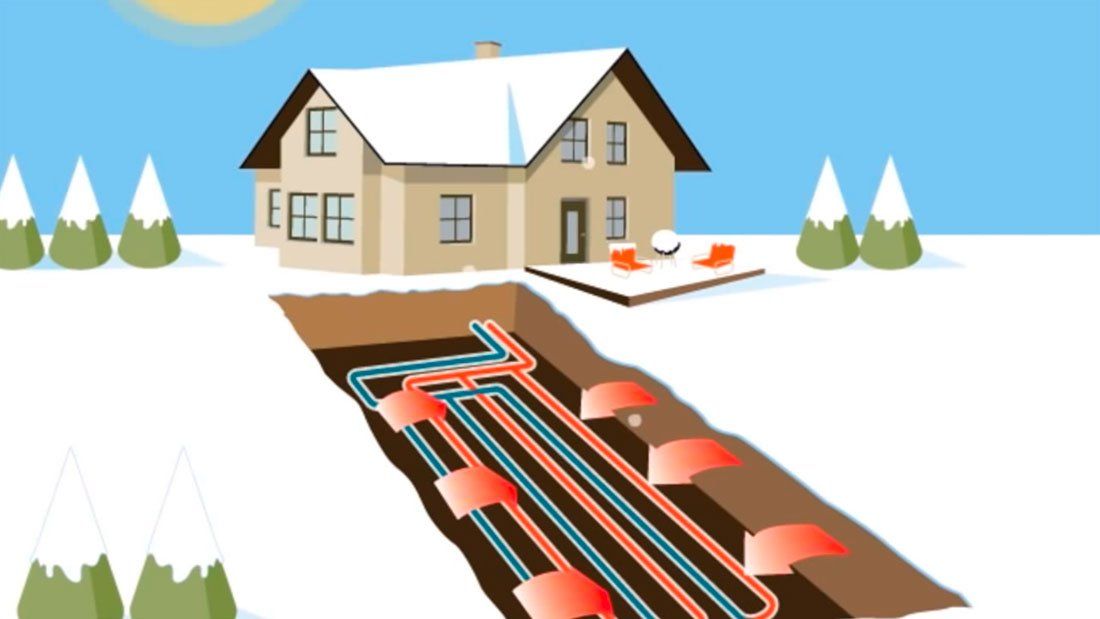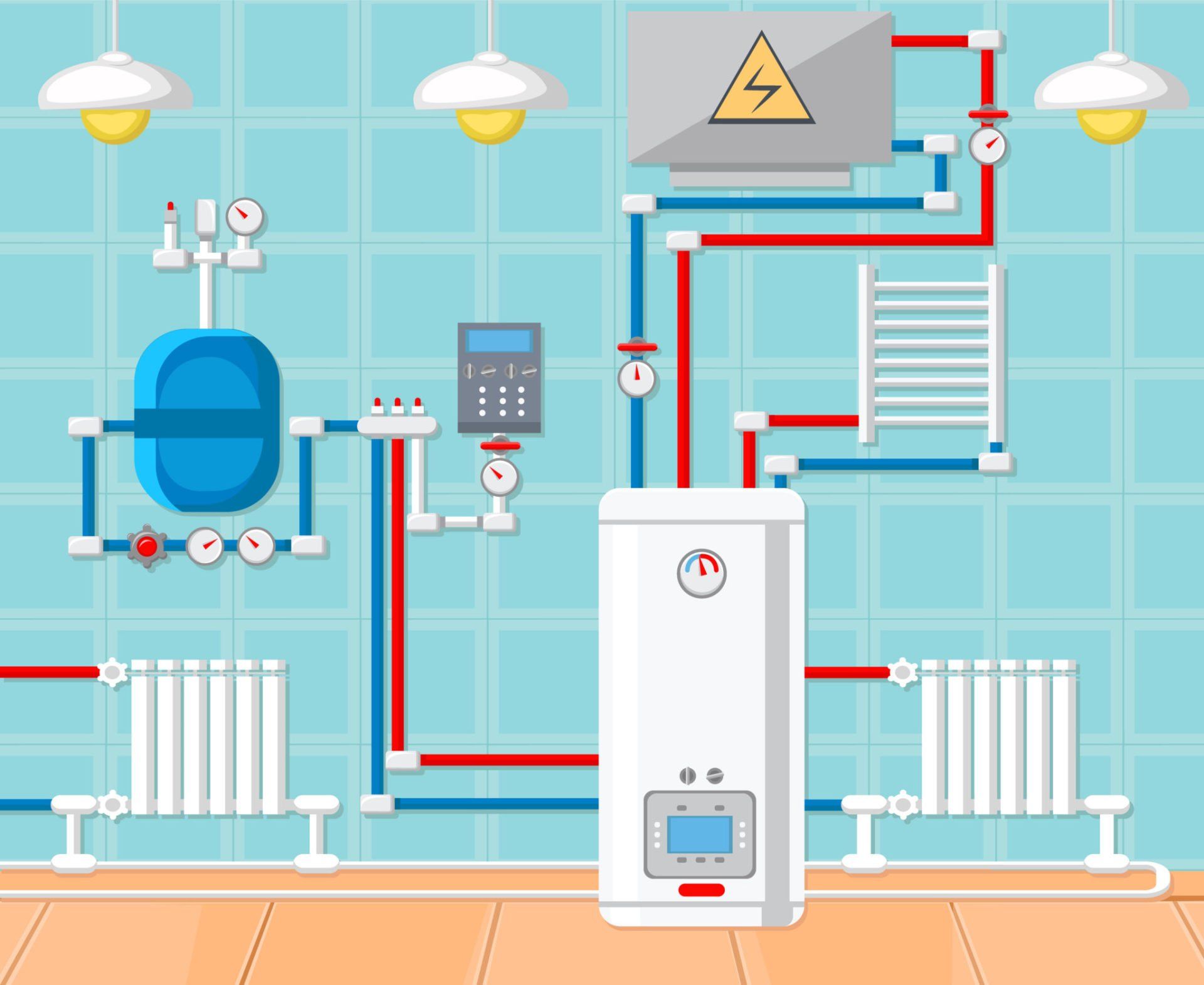Domestic EPC
DO I NEED AN EPC?
An Energy Performance Certificate (EPC) is required by law whenever a property is sold or let.
Don't get caught out - you could be fined if you don't get an EPC when one is required.
WHAT'S ON AN EPC?
An EPC shows the running costs of a property and rates it on a scale from A (most efficient) to G (least efficient). It also contains information on the main features of the building including recommendations to save money.
The Energy Performance Certificate or EPC is the energy efficiency rating of a property, precisely a building. The rating is represented graphically on a scale from A to G, where A stands for the most efficient energy performance and G stands for the least efficient energy performance. Side-by-side energy performance of buildings, the EPC depicts the environmental impact of a building in terms of Carbon Dioxide or C02 emissions.
The improvements that could save you the most energy depend on your home, but typical examples include:
- insulation, such as solid wall, cavity wall or loft insulation
- Heating
- Draught-proofing
- Double glazing
- Renewable energy generation, such as solar panels or heat pumps
EPC's provide complete details about Energy Savings Trusts that help house-property- owners with special grants and/or discounts to carry out necessary improvement work.
FILL IN YOUR DETAILS BELOW
This way, EPCs not only help save money and energy, but also successfully contribute to the cause of environmental improvement.
-
Heating
Read more → -
Lighting
Read more → -
Wall structure
Read more → -
Heating controls
Button -
Hot water
Button -
Insulation
Button
To speak to one of our experts, please call 0800 1583836
We are available 7 Days A week Email: info@epcsurveysuk.co.ukMobile: 07903092836
Location
Allerton Bradford BD8 0AQ
Email
info@epcsurveysuk.co.uk
Call
Freephone 0800 158 3836 Mobile 07903092836
© 2024
All Rights Reserved | EPC SURVEYS UK







